SUMMARY
This is AI generated summarization, which may have errors. For context, always refer to the full article.
![[OPINION] Rising up for farmers and food security](https://www.rappler.com/tachyon/2021/04/rise-for-all-april-26-2021-sq.jpg)
One year has passed since community quarantines were first put in place in the country, yet we still find ourselves in the same situation, or even worse. I doubt one article would be enough to list down and discuss all the factors that have contributed to this state.
Staying especially in Metro Manila has allowed me to see the action and inaction surrounding COVID-19 response. I have seen both the good and the bad, which has helped me to think about how the pandemic has brought out the best and worst in people.
It has also been a year since the resounding call for food security was made, but it has yet to be addressed properly. However, we do see different efforts by different actors in the economy that attempt to respond to this long-time need, especially during the pandemic.
One of these efforts was the Rice Stakeholders Workshop held on April 12. It discussed the current situation of the rice industry in the country, together with farmers, rice millers and retailers, policy makers, scientists, consumers, and advocates. Collectively, it sought to identify and formulate resolutions and recommendations for the direction of the food system and agriculture in the country.
Resources to our sources
Our farmers are our sources of food, yet they struggle when it comes to food security. A strong point reiterated by the different stakeholders during the workshop is that farmers need the right kind and right amount of resources that can assist them during production and post-production processes, as well as prepare and educate them fully as they go through decision-making.
Over the years, financial support, machinery, and operational resources have been the constant demand from our agricultural sector. Other resources include, as mentioned by a representative from the retailers, the technology that exactly measures the output we have every harvest season, as it is important to know how much rice our country really needs.
Chances are, if we don’t know how much we are harvesting, we would not know the exact amount of rice we’d need to import from other countries. If there is a surplus of the imported rice, its prices will go down, thus affecting the production and selling of local rice in the local market.
This kind of technology will also assure the farmers that what they are producing and harvesting are maximized, and that they also earn what is appropriate for their productivity. Sources of agricultural information such as this is needed for more informed decision-making among our farmers and other agricultural actors.
Rising for all
Together with the challenges of rice production resources is the deafening call for food security. This call has brought out a lot of points for reflection and discussion. A common idea that flourished among stakeholders was tayo-tayo, or how participants from each sector highlighted their support to each other and their commitment to food security. Since we all benefit from food security, it is then fair and just that all of us work tirelessly to achieve it for all, leaving no one behind.
Given what we are facing right now, progress may seem blurry. But what I learned is that no matter how small the progress is, when it comes to genuine agrarian reform, it will always be a win. As one of the farmer representatives said during the workshop: Ang pag-unlad ay kung saan kasabay ang sikmura ng mamamayan.
Food security is for all, leaving no one, especially our farmers, behind. More importantly, our farmers deserve a system that works – a system that not only enhances their productivity, but also empowers them to own what they do and make well-informed decisions. We all deserve to have something on our plate at the end of the day. More than anyone else, our farmers deserve enough on theirs. – Rappler.com
Raissa Marfa graduated with a degree in Economics. She writes and sews for Rural Women Advocates (RUWA).
Continue the call for genuine agrarian reform online with these hashtags: #1KHindiSapat10KDapat, #15KProductionSubsidyNow, #RiceIsEssential, and #NasaanAngAyuda. To watch the recorded Rice Stakeholders Workshop video, you may visit the Facebook pages of AMIHAN and Bantay Bigas.
Voices features opinions from readers of all backgrounds, persuasions, and ages; analyses from advocacy leaders and subject matter experts; and reflections and editorials from Rappler staff.
You may submit pieces for review to opinion@rappler.com.
Add a comment
How does this make you feel?

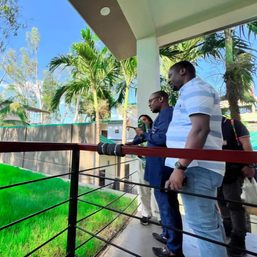
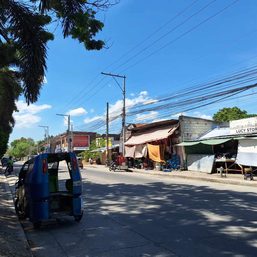
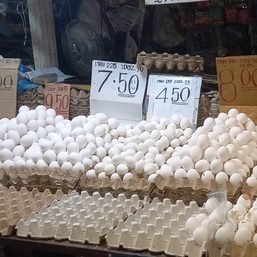

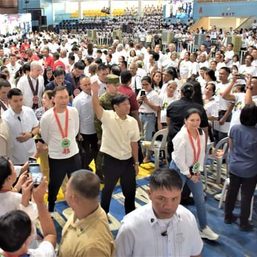
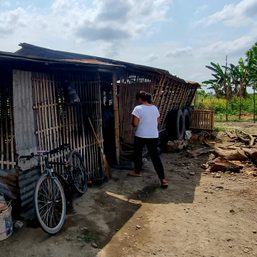
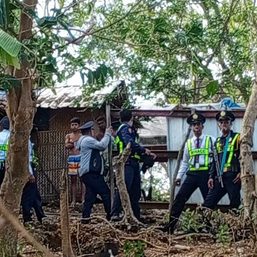
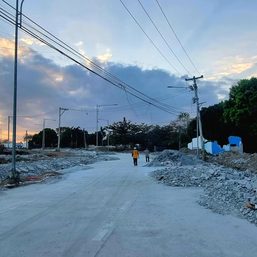
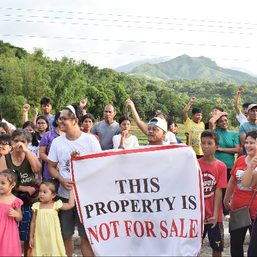
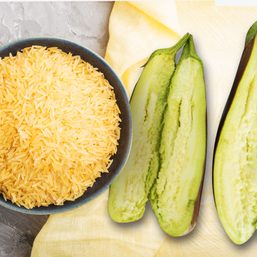
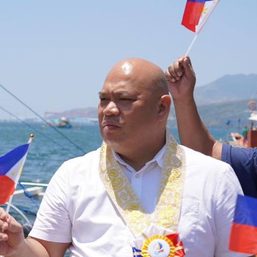
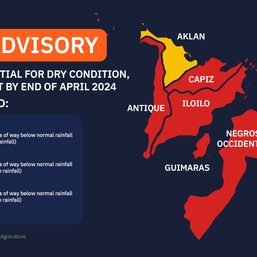
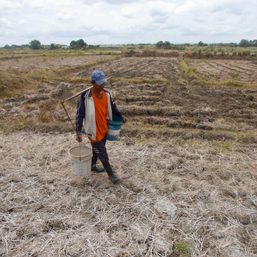
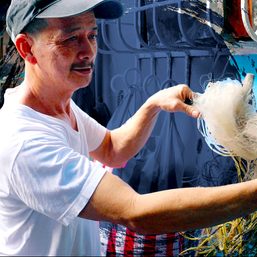
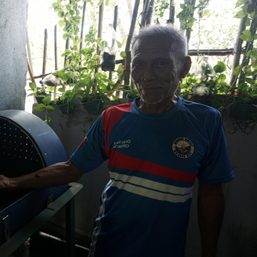
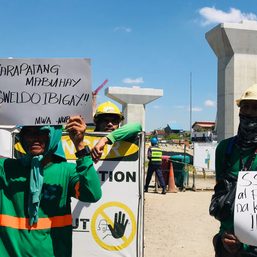

![[Episodes] Fairness to freelancers](https://www.rappler.com/tachyon/2024/02/Freelance-Writers-Guild-of-the-Philippines-rate-guide.jpg?resize=257%2C257&crop=217px%2C0px%2C720px%2C720px)
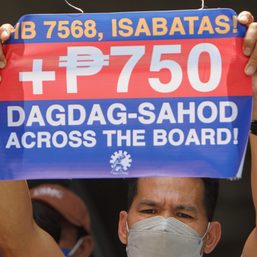
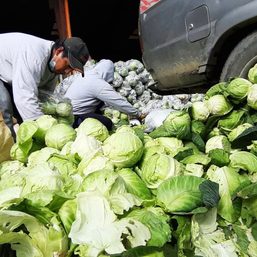
![[ANALYSIS] Investigating government’s engagement with the private sector in infrastructure](https://www.rappler.com/tachyon/2024/04/tl-gov-private-sectors-infra-04112024-1.jpg?resize=257%2C257&crop=435px%2C0px%2C1080px%2C1080px)
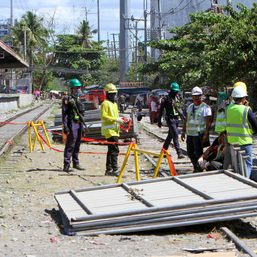
![[ANALYSIS] A new advocacy in race to financial literacy](https://www.rappler.com/tachyon/2024/04/advocacy-race-financial-literacy-April-19-2024.jpg?resize=257%2C257&crop_strategy=attention)
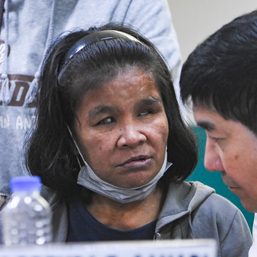
There are no comments yet. Add your comment to start the conversation.